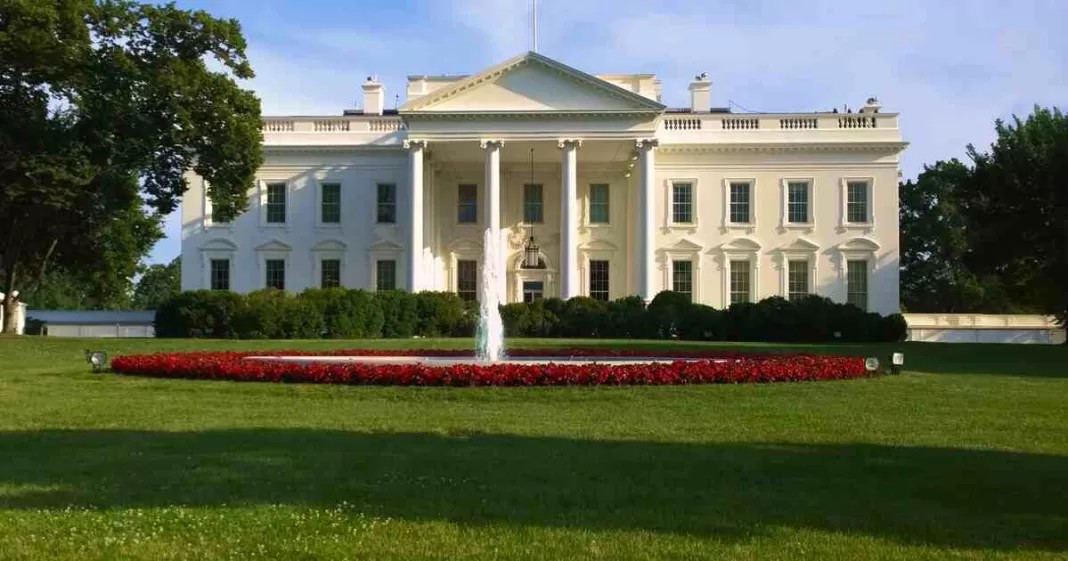Three major controversies involving leaked private text messages from group chats have emerged, exposing racist, antisemitic, and violent remarks from various political figures in the U. S. These messages included racial slurs, admiration for Nazis, and threats of violence, raising concerns about the increasing acceptance of such views despite significant civil rights progress.
‘I love Hitler’: Leaked messages expose Young Republicans’ racist chat
Thousands of private messages reveal young GOP leaders joking about gas chambers, slavery and rape.https://t.co/7hejl8Y0AK pic.twitter.com/vd43bT1RNx
— Jon Cooper 🇺🇸 (@joncoopertweets) October 14, 2025
The leaked texts highlighted that some political leaders felt secure in expressing extreme views behind closed doors, suggesting a misperceived sense of privacy even though these messages can easily be made public. Experts note that while such views have always existed in private discussions, these leaks reveal shocking beliefs held by some political figures.
Read more: UK PM announces £10m additional funding to protect British Muslims from hate crime
A report from Politico detailed that a group of Young Republican leaders exchanged racist and antisemitic messages on Telegram, with one member expressing love for Hitler. Additionally, another revelation from National Review showed Virginia Democratic candidate Jay Jones making threatening remarks towards a Republican, stating he wished harm upon them and would desecrate their graves. Furthermore, Paul Ingrassia, nominated by President Trump for a federal agency position, withdrew after it was reported that he disclosed having a “Nazi streak” in private texts.
Experts in political culture point out that the dynamics of group chats foster a false sense of intimacy, leading participants to believe they can trust each other indefinitely, even though political loyalty can change. The normalization of hateful and violent language among political groups, particularly among younger members, is compounded by a culture where boundaries of acceptable speech are continually pushed.
Read more: Japan’s Mount Fuji sees snow for first time this winter, 21 days later than usual
Observers suggest that Trump’s confrontational rhetoric has led many Republicans to feel justified in expressing views that were previously seen as unacceptable. His language, which includes derogatory terms for immigrants and accusations of criminal behavior, has likely influenced the attitudes within political circles. The Black Conservative Federation has called for a swift denunciation of the Young Republican texts by party leaders without excuses.
The reactions to the leaked texts have been universally critical across the political spectrum. While some politicians, like Vice President JD Vance, condemned the messages, he also downplayed the severity by referring to the group as “kids. ” Jones’s threatening message led to a decline in his campaign support, reflecting the damaging impact of the leaks.
The leaked chats revealed deeply offensive content, including racist language and threats of violence. Many individuals tied to the Young Republican group have since lost their jobs, with some resigning from political roles. The group associated with these messages included members from various states, and the New York Young Republicans Club was disbanded in response to the scandal.
Ingrassia’s nomination was derailed after it was reported that he made outrageous claims about having a Nazi inclination and denying the significance of Martin Luther King Jr. Day. His lawyer claimed that the messages could have been misrepresented or taken out of context, implying they were meant as humor rather than serious beliefs.
The leaked messages and the fallout from these scandals highlight a troubling trend in American political discourse, illustrating how some individuals feel emboldened to express violent and hateful sentiments in private communications. The events continue to spark debates about the normalization of such language and its consequences for political culture in the U. S.
With additional input by GVS US and Intl desk














